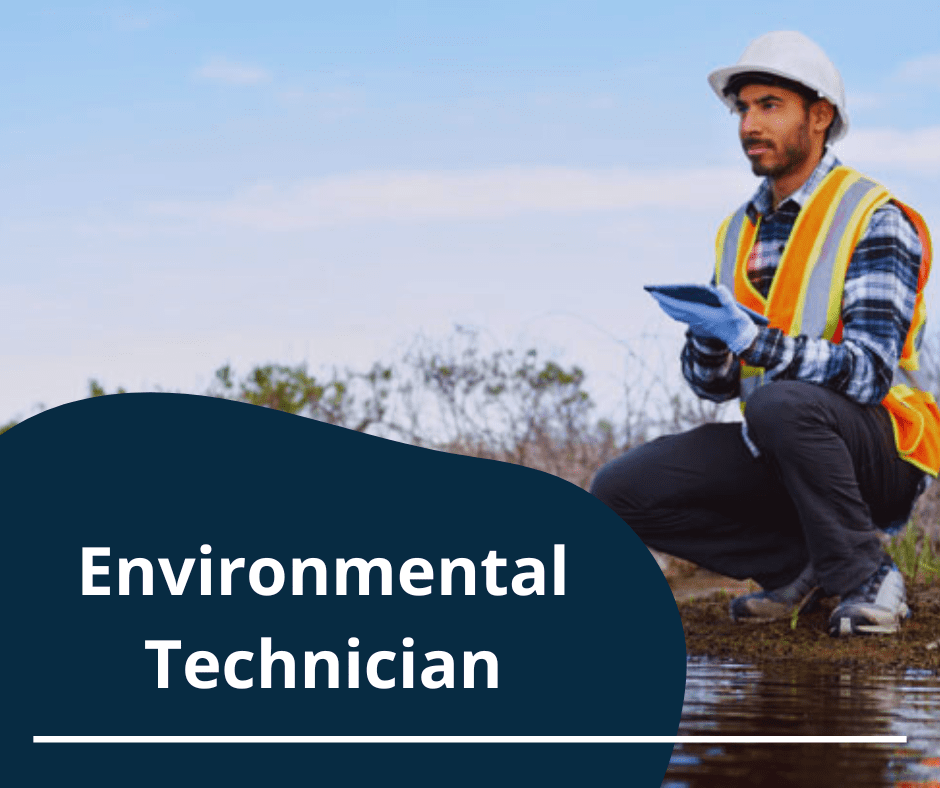
Environmental technicians play a crucial role in preserving and protecting our planet. These professionals are responsible for monitoring and analyzing the environment and its impact on living organisms. From cleaning up pollution to studying the effects of climate change, environmental technicians have a wide range of responsibilities that make a significant impact on our world.
The primary job duties of an environmental technician include collecting samples of air, water, and soil for analysis, conducting field surveys, and performing laboratory tests. They also monitor environmental conditions and record data, keeping track of any changes or trends that could have an impact on the environment. These technicians work closely with scientists and researchers to gather data and assist in various research projects.
One of the most critical tasks of an environmental technician is to clean up pollution and hazardous materials. They are trained in the proper procedures for handling and disposing of these materials in a safe and environmentally friendly manner. This involves wearing protective gear, following strict guidelines, and using specialized equipment to prevent any harm to themselves or the environment.
In addition to their hands-on work, environmental technicians also play a crucial role in educating the public about environmental issues. They may present their findings to businesses, government agencies, and communities to raise awareness and promote sustainable practices. They may also conduct community outreach and education campaigns to promote conservation efforts and encourage individuals to make a positive impact on the environment.
A career as an environmental technician can lead to many job opportunities in various industries. These individuals can work for consulting firms, government agencies, non-profit organizations, and private companies. Some may also choose to specialize in a particular field, such as air quality, water resources, or waste management.
As climate change and environmental concerns continue to be at the forefront of global discussions, the demand for environmental technicians is expected to increase. The Bureau of Labor Statistics predicts a 9% job growth for environmental science and protection technicians from 2020 to 2030, faster than the average for all occupations. This growth is driven by the growing need for environmental monitoring and mitigation efforts in response to environmental issues.
Becoming an environmental technician requires a combination of education and practical experience. Most entry-level positions in this field require a minimum of an associate's degree in environmental science or a related field. However, a bachelor’s degree in environmental science, biology, chemistry, or geology may offer more job opportunities and higher salaries. Many technicians also receive on-the-job training to gain hands-on experience and develop specific skills.
In addition to education and training, environmental technicians must possess certain skills and qualities to be successful in this field. These include strong analytical and problem-solving skills, attention to detail, and good communication skills. They must also be physically fit and able to work in various outdoor environments and sometimes in challenging weather conditions.
In conclusion, environmental technicians are essential in protecting and preserving our planet for current and future generations. They play a crucial role in monitoring and mitigating environmental issues, educating the public, and promoting sustainable practices. With a growing demand for these professionals, it is an exciting and rewarding career path for those who are passionate about the environment.


